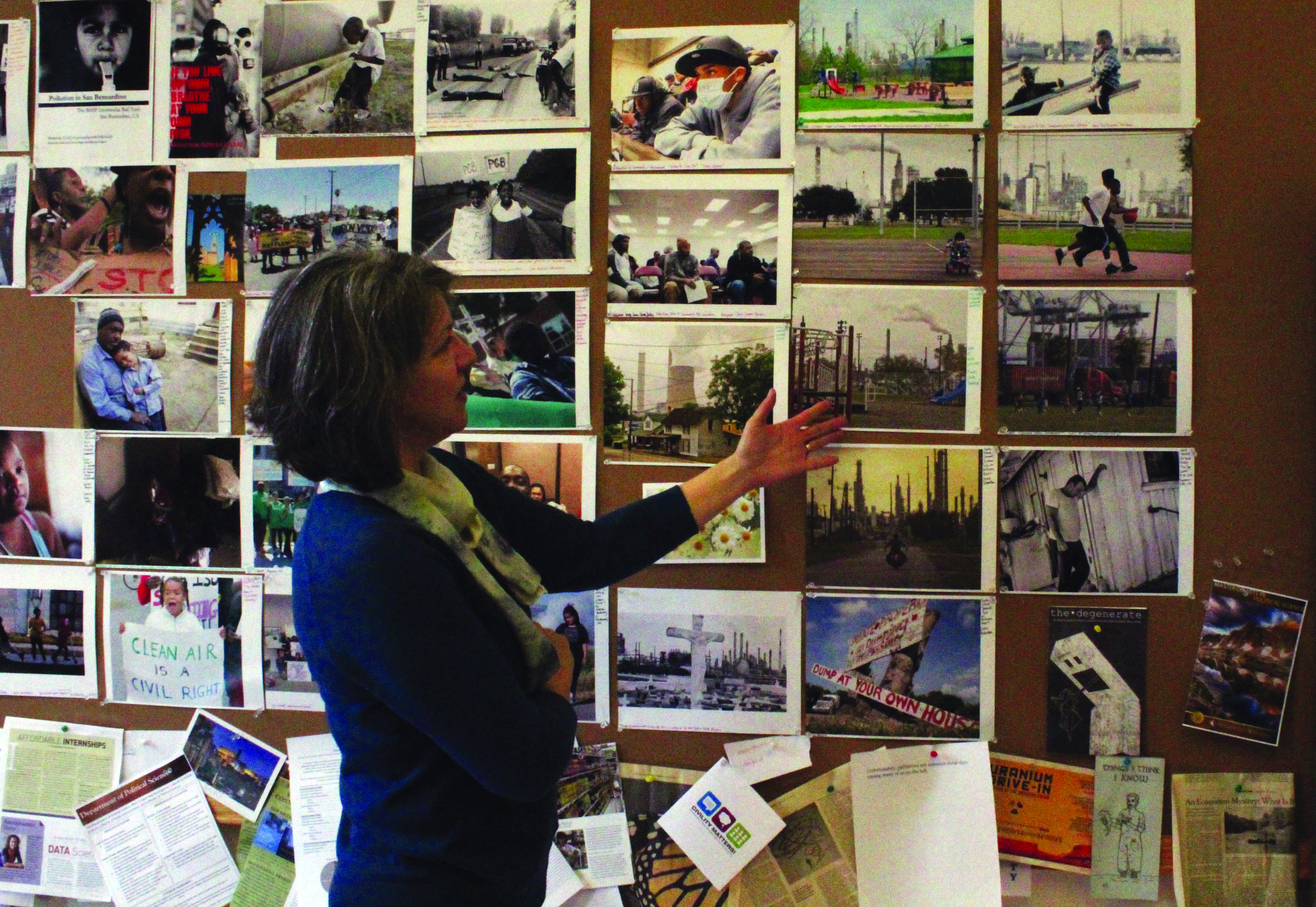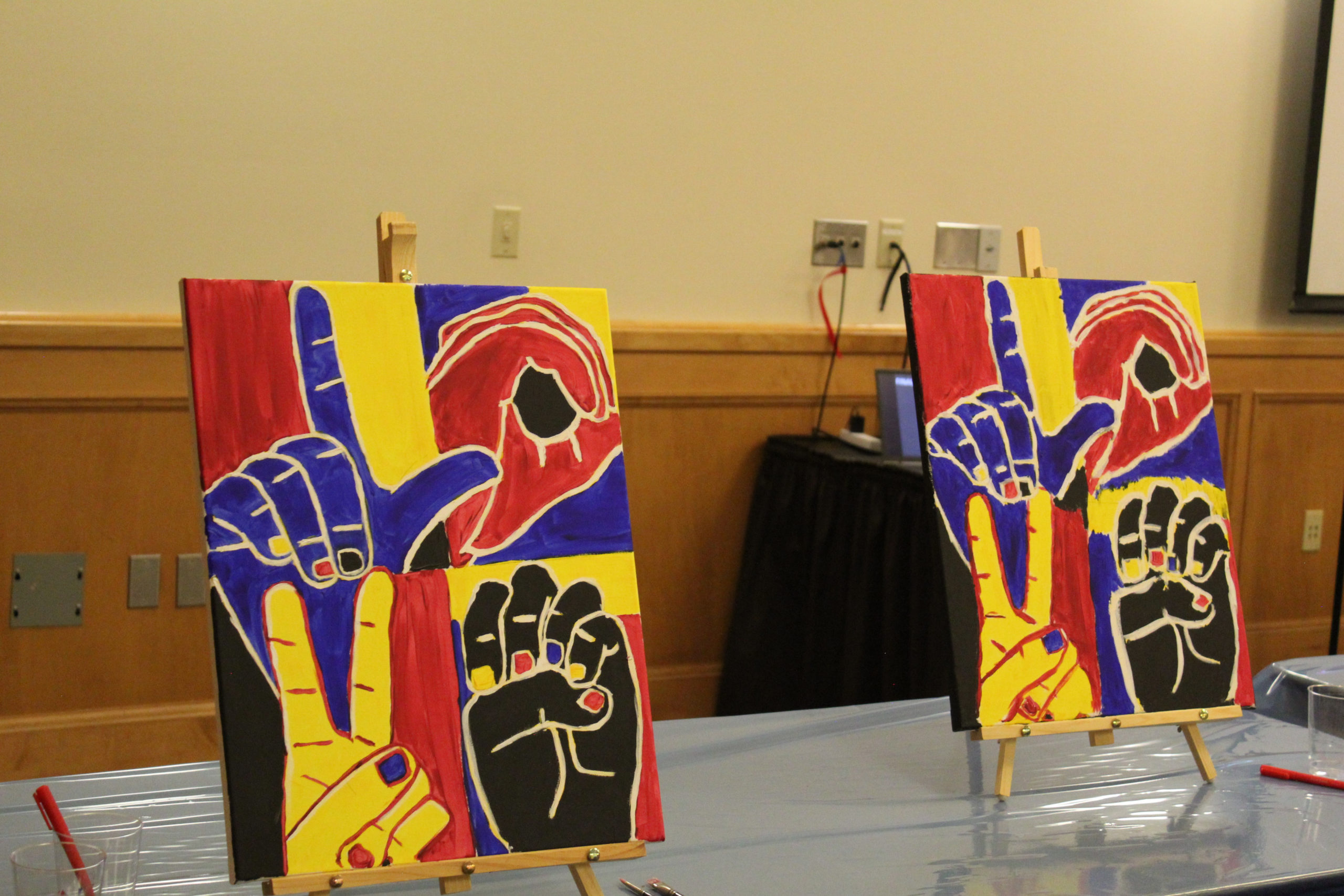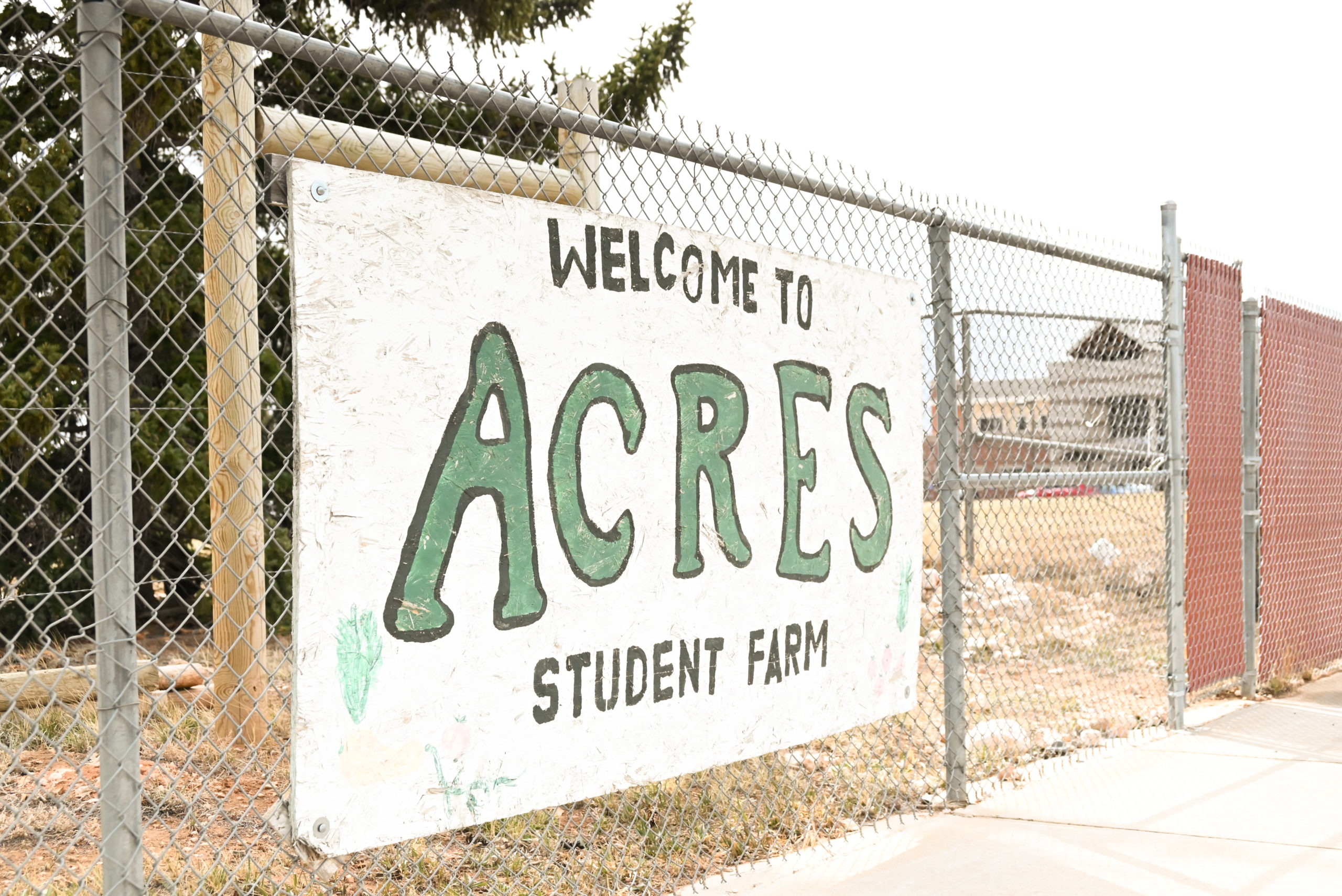Growing up on a small farm in Minnesota, Teena Gabrielson found herself interested in politics at a young age.
“I was exposed to politics from an early age given the level of discussion within my family,” Gabrielson said.
Before she attended Macalester College, Gabrielson had served as a U.S. Senate page in high school, which confirmed her love for political science. While in university, her confidence in the path she had chosen grew.
“By the time I went to college, I felt pretty confident that I was interested in political science,” Gabrielson said. “I wrote my first abstract essay on ‘What is Power?’ and that hooked me on political philosophy.”
Gabrielson, associate professor and Political Science Department Head, is a trained political theorist. Her classes range from ancient, modern and contemporary political thought. She also teaches courses on American political thought and environmental justice.
The environment has always held a special place in Gabrielson’s heart.
“I grew up with a lot of interaction with the natural world,” Gabrielson said. “I spent a lot of time with the natural world in ways that were really rejuvenating and pleasing to me.”
These interactions have influenced her way of thinking and have ultimately intertwined themselves into her research.
“I’m concerned about environmental politics,” Gabrielson said. “How are we thinking about social justice issues as we think about the pressing environmental problems before us?”
Her current research focuses on the toxic human body. She uses this focus to engage in a conversation about environmental politics and how to bring social justice into the picture.
The media has also impacted how environmental justice issues are presented visually. Gabrielson dedicates a chapter of her book on this and how viewer’s thinking is shaped through these images.
“My work on the toxic body is designed to help us think about those two things in common,” Gabrielson said. “I want to think about the environment from new sites and new positions. One of those is the way in which many different human bodies register high levels of toxicity.”
When talking about humans and toxic chemicals, Gabrielson gave a faculty senate lecture last semester on how chemotherapy is becoming normalized in everyday life through mass media.
“What happens when we begin to think about chemotherapy as a normal part of our life and what does it mean to think about cancer as an environmental issue?” Gabrielson said. “We tend to categorize it as a health issue but what if we think again about it as an environmental issue. How does that change our response to what constitutes environmental policy?”
The research allows Gabrielson to get lost in her work.
“I talk to students about this sometimes; the best work is the work you can lose yourself in,” Gabrielson said. “Many hours can go by [and] you’re still working away and you’ve lost track of time. My work is definitely like that.”
At UW since 2006, Gabrielson started out as an assistant professor before becoming the first female department head of political science in 2014. One of her main roles as department head was instituting the first five-year BA/MA program in the College of Arts and Science.
“We had our first cohort enter this year and we’ll have the second cohort next year,” Gabrielson said.
Gabrielson said she sees student success as one of the best part of the job.
“Folks tend to talk about how faculty members tend to disagree on things, but there is one thing we care about deeply and that is the success of our students,” Gabrielson said. “It’s just so great seeing them go on and do the things they want to do.”
First generation student success keeps Gabrielson coming back and was one of the main reasons why she ended up at UW.
“It’s exciting,” Gabrielson said. “It feels like you’re making a difference for people.”



